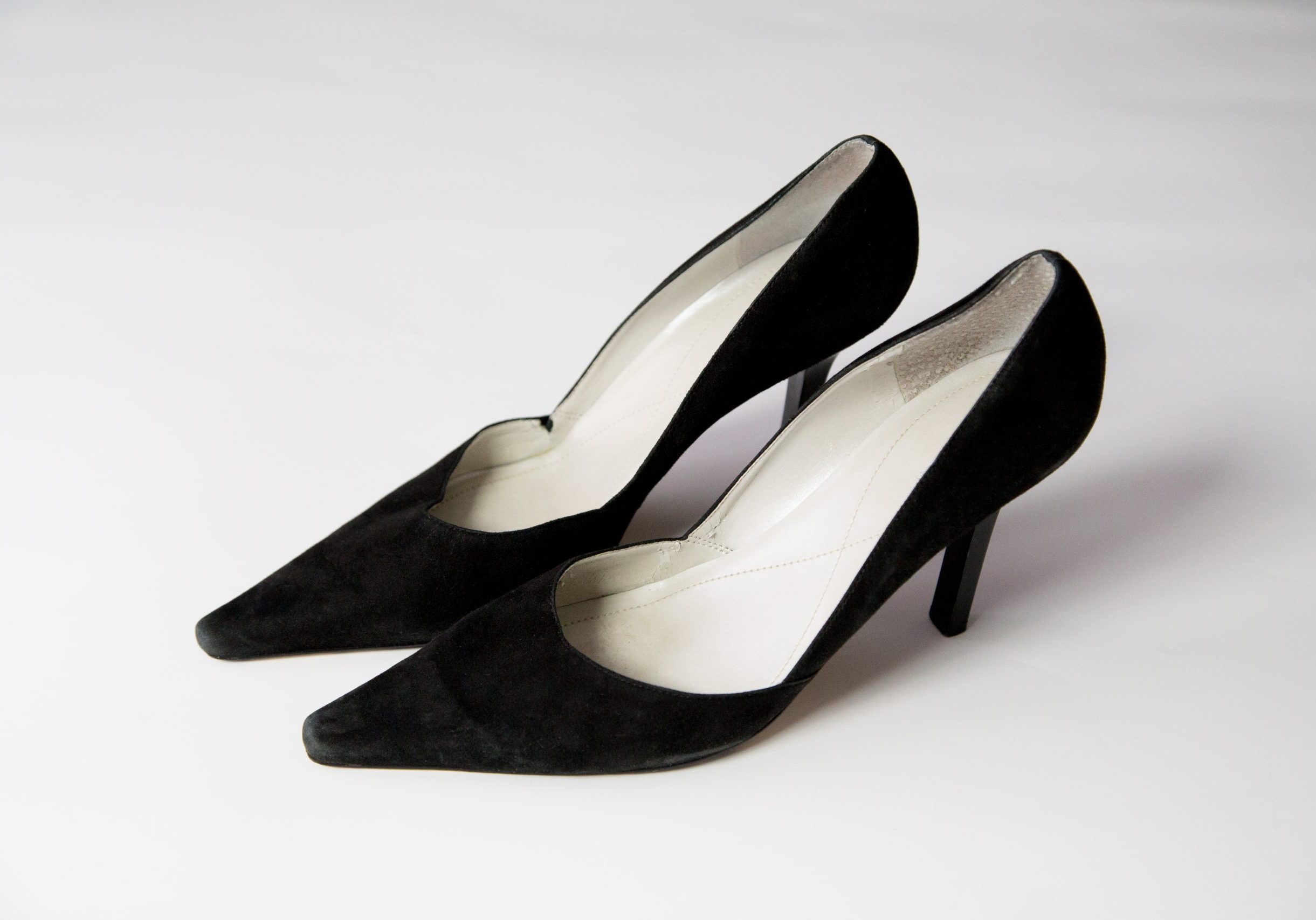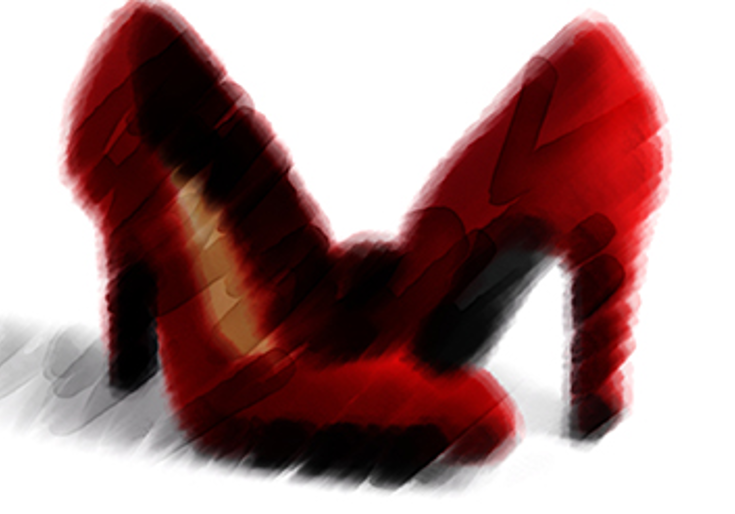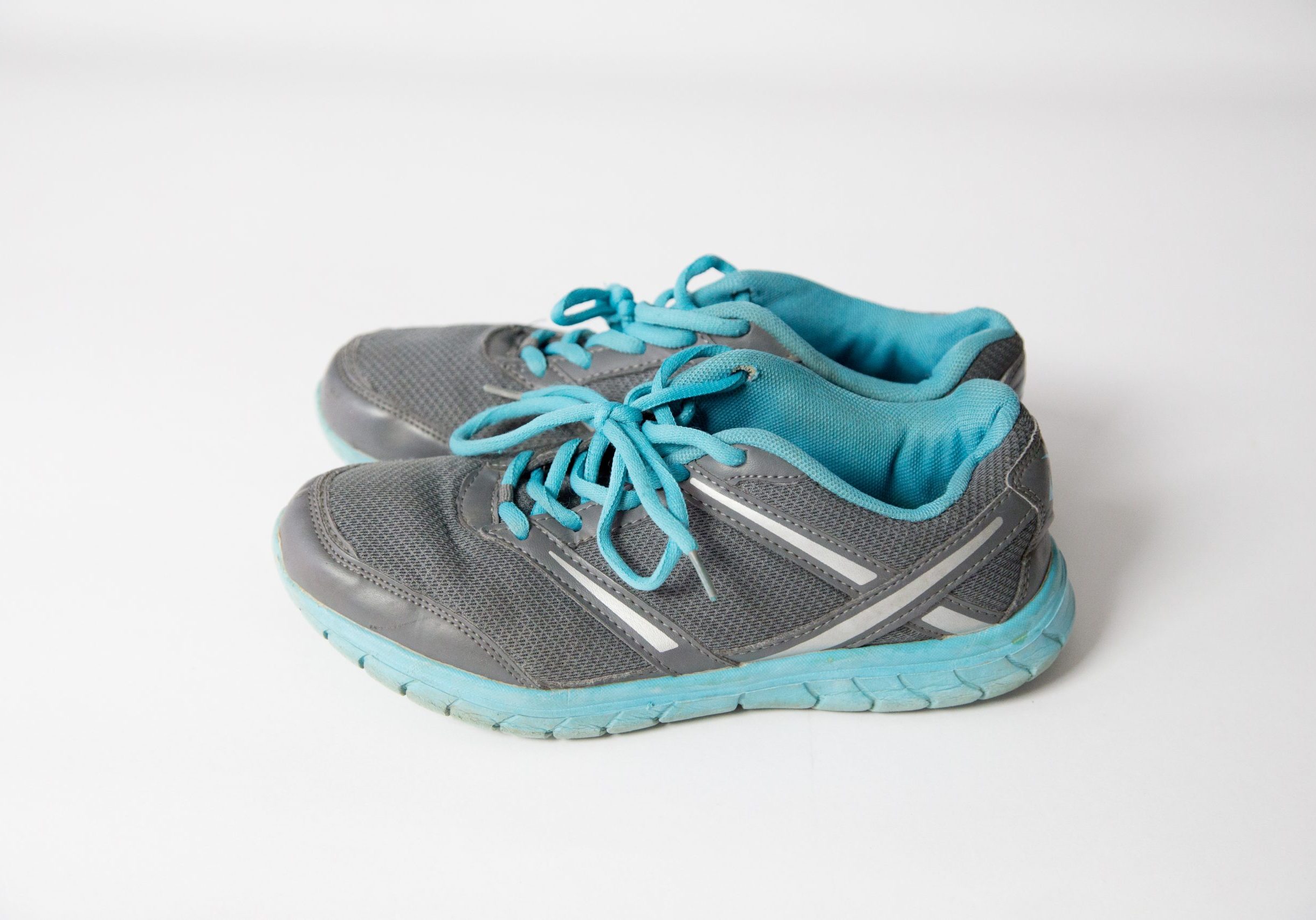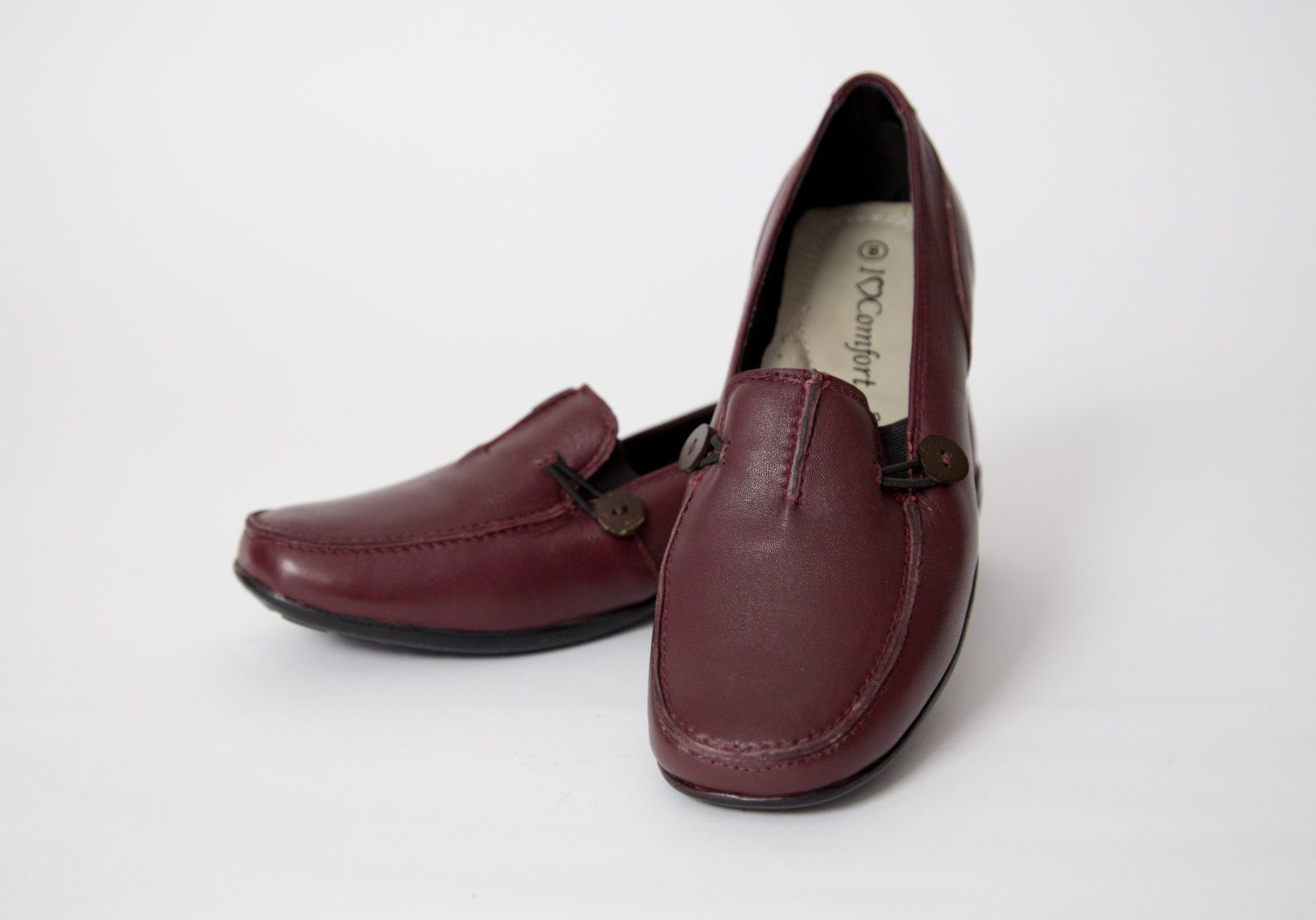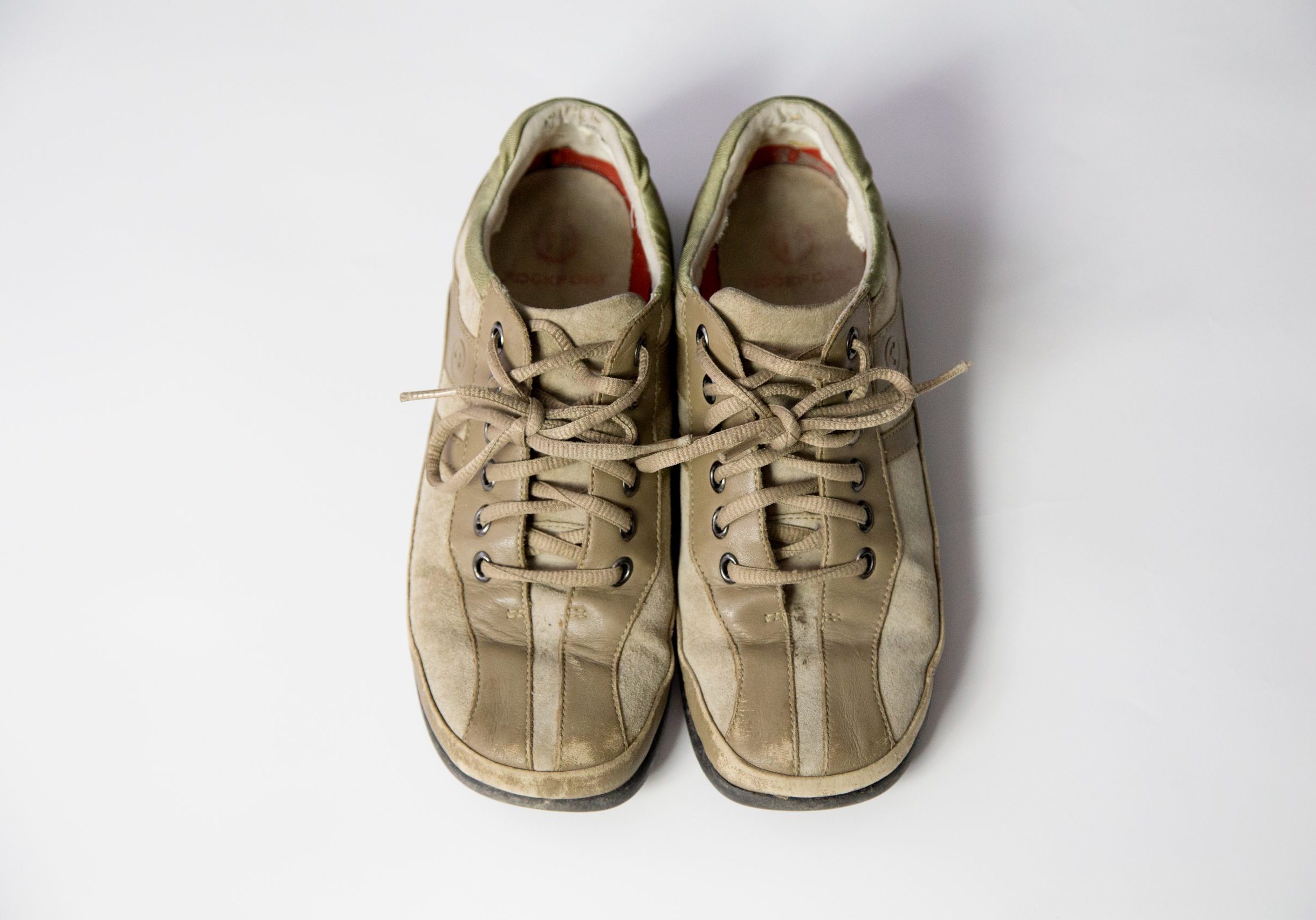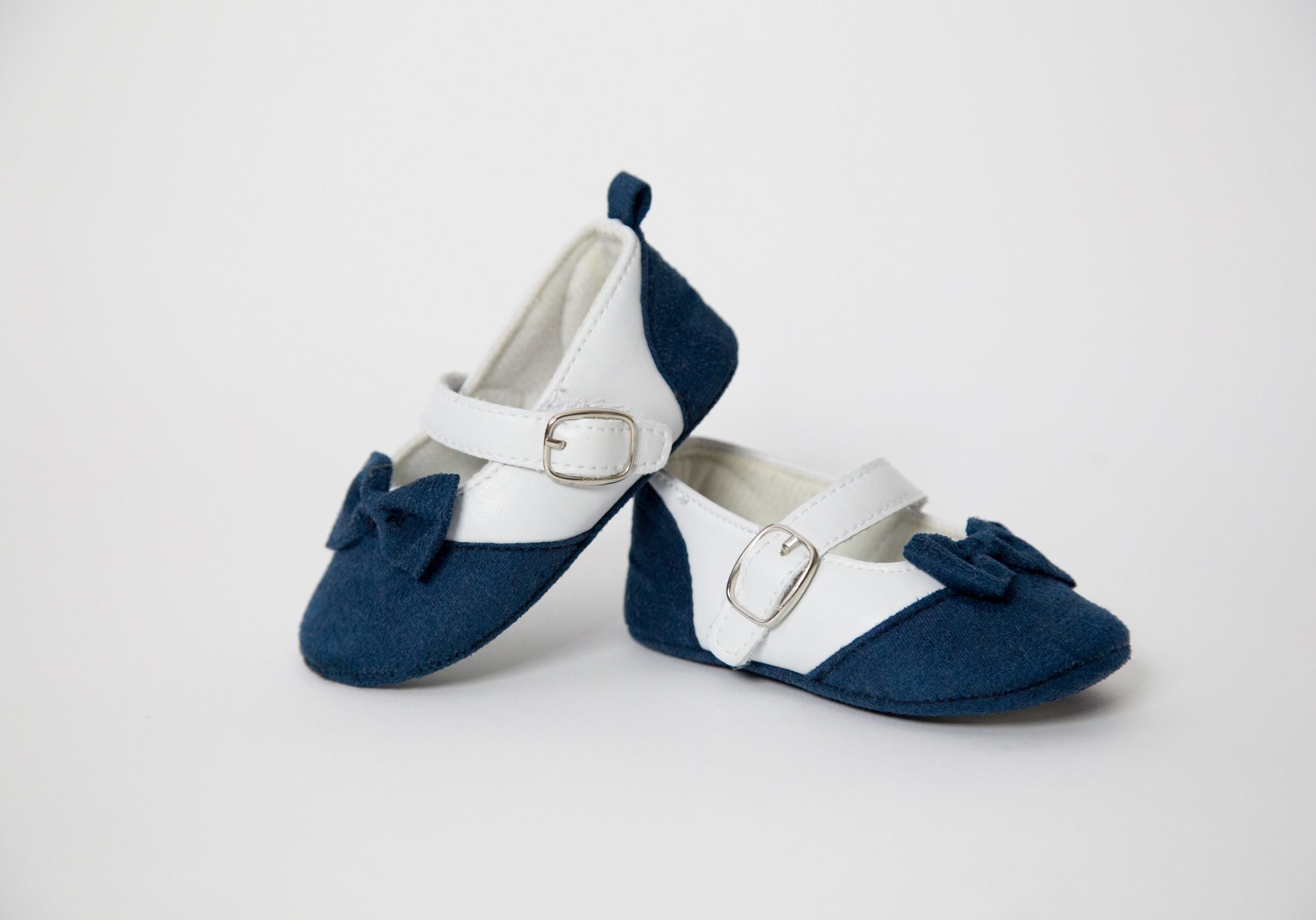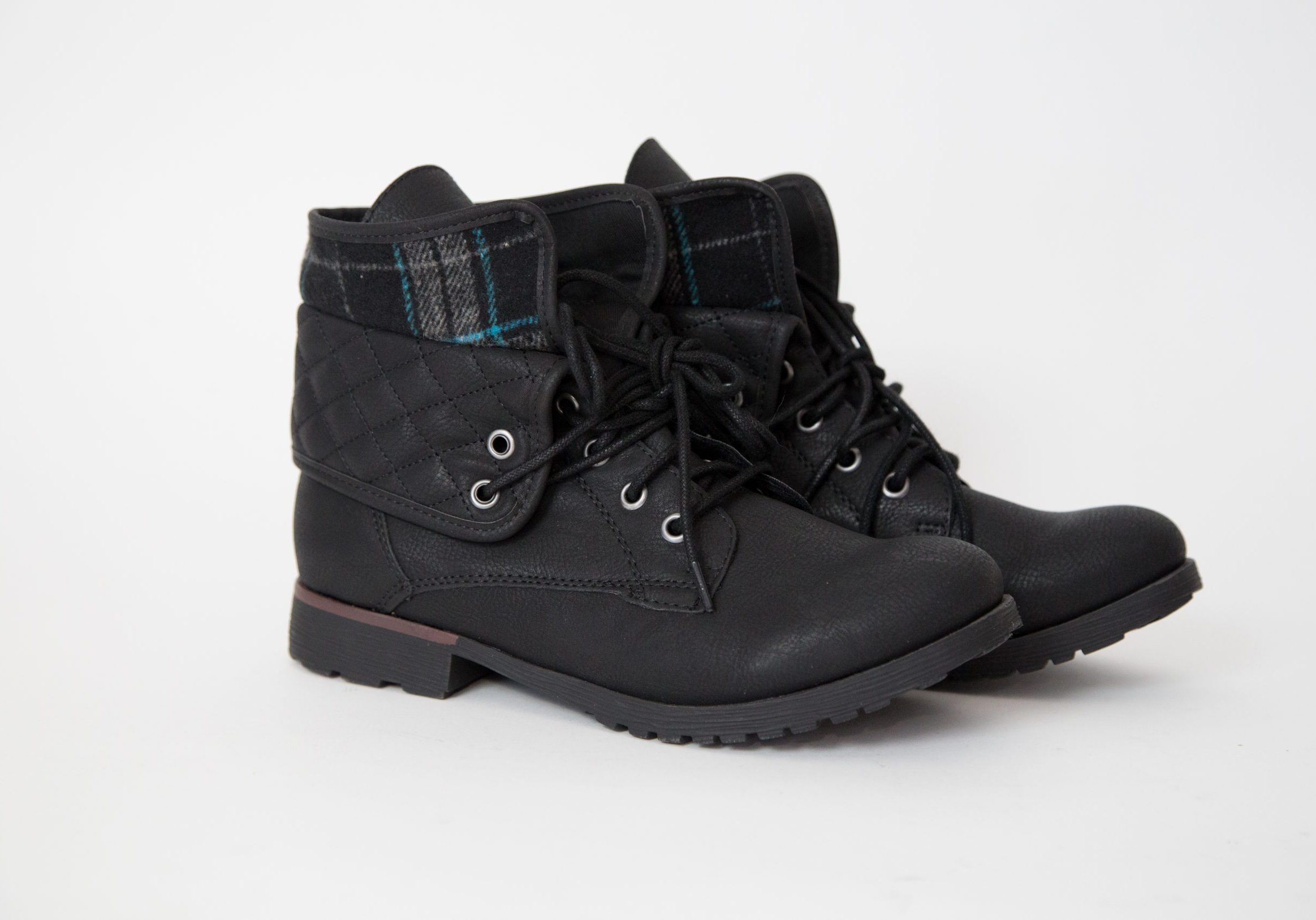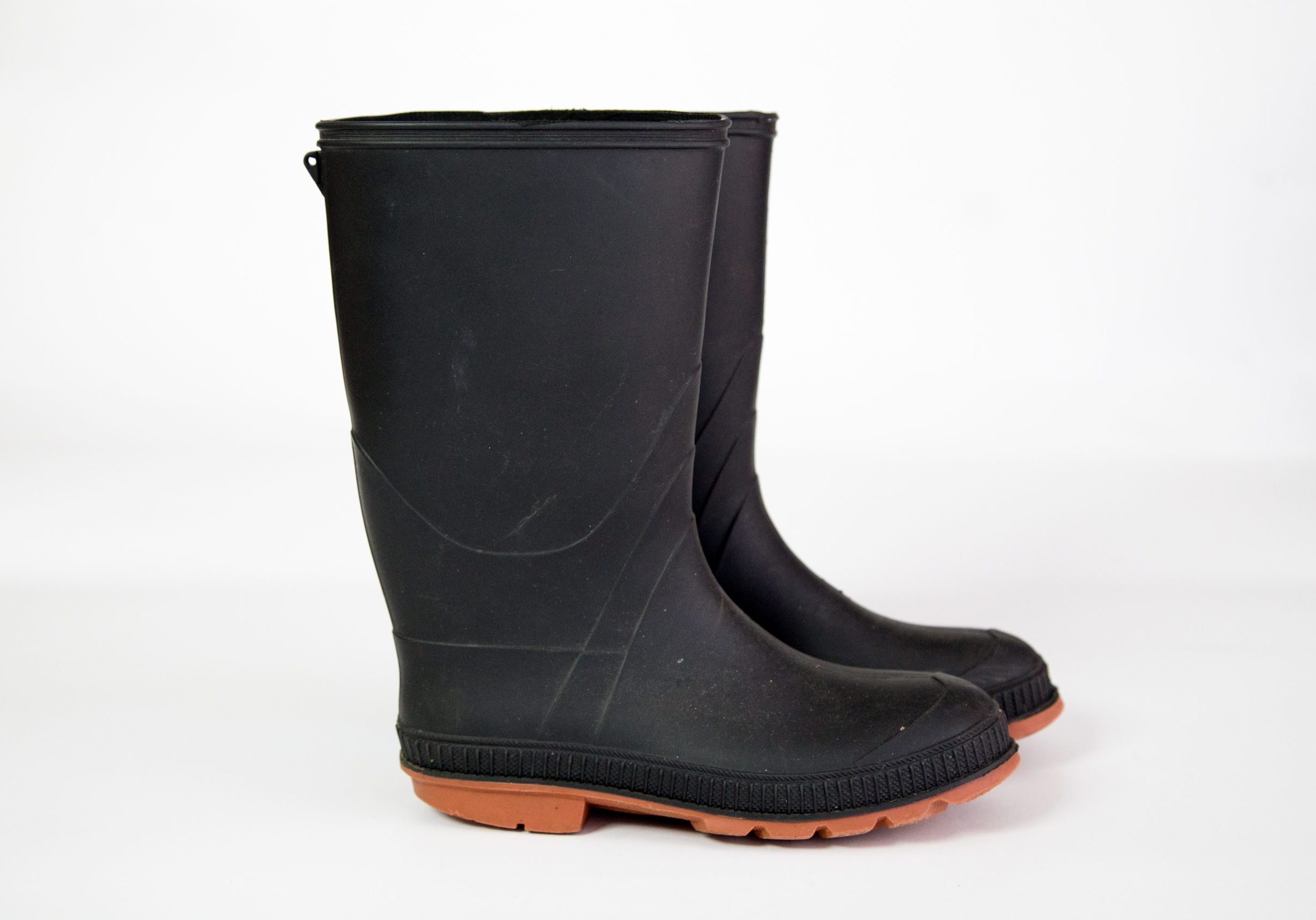Wear Your Slippers
Patricia Figueredo
Summary:
I can still hear my grandma’s good-natured admonitions always to wear my slippers. Wearing my slippers reminded me of my grandma and my culture. Maybe they will also bring me the good luck I needed on immigration.
Story:
Every day, for thirty-two years, Grandma, my abuella, said to me, “Do not walk around the house with your bare feet. Don’t you know you can catch a cold? Put your slippers on.”
I took my slippers off to pack them in my suitcase on the morning I left Colombia. As I was saying some hard good-byes, I remembered the conversation I had with the moon the night before. There she was in the sky, blinking at me as tears ran down my cheeks. I cried, making no sound so I wouldn’t disturb anybody in the house. I whispered to the moon: “I will miss everything from Cali: the sunset at 6:00 pm every day, the Salsa dancing, the good sense of humour of “Caleños,” people from Cali, who make a joke out of every good or bad news, the passion for soccer when the two rival teams play. I’ll miss the cuisine rich in soups, rice, plantains and tropical juices. I’ll miss my colleagues from the university’s IT department–we understood each other so well and have become great friends. But it is my family, my parents and my grandma, my raisond’etre, who I will miss the most.”
I arrived in Halifax in April 2003. It was midnight, and the taxi dropped me off at a youth hostel on Gottingen Street. I struggled to carry my suitcase to the second floor. The stairs were narrow, and the suitcase was like a coffin—heavy and long. I put my slippers on and dragged my exhausted self to the hallway to brush my teeth. ‘In Colombia, the taxi driver would’ve taken the suitcase upstairs for me,’ I thought. But my slippers reminded me that my abuella did everything herself even when she was tired. She raised seven children on her own after her mother renounced her and her husband abandoned her. She baked yucca bread called “pandebono” and sent some of her kids to sell and deliver it to small grocery stores. She cooked from Monday to Sunday, sold lunches, and at one point even ran a small restaurant. “So, I guess I can carry my suitcase.”
I found the settlement association the next morning–it was only a block away from my hostel. The secretary there spoke Spanish, and the second person I met there, Maria, became like a mother to me. At the Latin women’s meeting scheduled for that very evening, I met people who are still my friends.
I crisscrossed the city with my resume and entered every little store and restaurant, ready to take any job. Each night I came home to my slippers, determined to succeed the next day. Ironically, it was the IT department at Dalhousie University that offered me an interview on the spot. Despite my broken English, I was hired in my field—three months after I came to Halifax. It was as though angels were looking after me.
I wonder whether my Canadian adventure had been written before it even started. I could’ve gone anywhere in Canada, but I chose Halifax at random and came here even after everyone told me it was impossible to find a job in Nova Scotia.
I often think that it was my slippers that brought me all the good luck. They represent my culture and my immigration and remind me of my abuella. Everything she did in life was successful. She always supported and encouraged me, and she passed on to me her determination.
When I come home, I sit down on the bench by the door, take my shoes off and slide my feet into my slippers. I still hear my grandmother’s voice: “Que Dios la bendiga mija. God bless you, mija.”
PATRICIA FIGUEREDO came to Canada from Colombia. She is a family-oriented person with a good sense of humour. She was born a dreamer; writing and acting are dreams she hopes to turn into reality.
